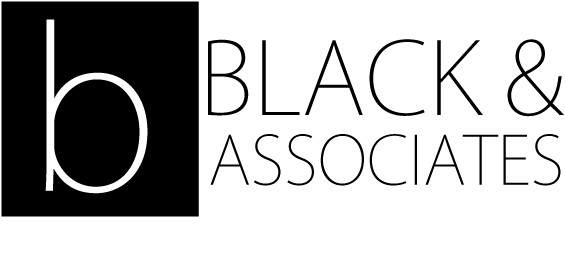Retention - How to Keep Good People
- katie7190
- Feb 24, 2022
- 3 min read
Updated: Feb 28, 2022
As a service industry, law firms sell skill, knowledge, and experience. Talent is key. Finding good people is the easy part. You screen for values, social skills, experience, and grades. Training is also simple: lots of mentorship and advocacy opportunities. The challenge for most firms is retention. The natural follow-up question is why?

Well, for one, the life of a litigator is demanding. We work in an adversarial system and support clients through stressful events. Deadlines can be tight and the expectations of the Court and clients are rightfully high. Layer on traditional firm culture (a culture marked by hierarchy, internal competition and a lack of transparency) and you have the makings of disaffected associates. Associates typically leave because firm cultures need to change.
So what does change look like? This is what change looks like to us:
Expectations. During hiring, be specific and detailed about expectations during the first 3, 6, 12 and 24 months. A new hire's expectations need to align with the workplace reality.
Invest in onboarding. Teach new hires about their job, role, responsibilities, and the firm culture, with the aim of thriving every single day.
Tools. Provide your team with ALL of the tools they need to perform their job. Invest in good IT, ongoing training, marketing opportunities to build their career, mentorship, and health and benefit packages.
Mentor. Set up an in-firm mentor that is distinct from the person to whom they report. Commit to weekly meetings where questions or issues are discussed, along with the new hire's ability to meet their goals, and do their best work.
Invest in applied training. Our senior litigators (on a pro bono basis) 2nd chair the trials / arbitrations / small claims court actions of our more junior associates. Get people on their feet ASAP with the benefit of real time feedback. Coach them.
Constantly ask for feedback and act on it. Your firm is your people.
Set up a meaningful employee wellness program. Ask people what they want. Wellness isn't achieved by simply providing a benefits package. The entire person needs to be seen and acknowledged. We try to get together daily to check in with each other over a morning coffee or a group lunch. We go on firm retreats and have an incredible Pilates instructor for weekly lessons. Set aside time to relax as a team.
Recognition is critical. To the senior lawyers out there, let your associates argue, cross, examine in chief, and advocate. If you didn't write the factum, don't take credit for their work. The person who did the primary drafting should sign it.
Pay people well and impose mandatory vacation. A great salary is meaningless if you burn out. For us, you must take four weeks vacation. Vacation is booked 6 months in advance in a group calendar that must be consulted during scheduling. Assign a lawyer to monitor the inbox of the lawyer on holiday so that they can actually unplug. By making vacation mandatory, you force a culture where people know the importance of downtime.
Communicate effectively. A lack of transparency is one of the top areas of resentment. Some firms' "partnerships" act like star-chambers. Decisions are made seemingly without input or justification. In addition to disempowering your team, this decision making style stifles innovation and individual professional development. Exceptional teams are “part” of something. To be part of something, you need to know what is actually going on; where that something is heading; and how it is going to get there. Fostering internal communication empowers people to bring different perspectives and approaches to the table. You hired them for their talent. Use it!
Build a culture of respect. Make sure that respect is always bidirectional within the hierarchy of the firm. Do not tolerate disrespect from anyone, anywhere in the firm. Deal with it swiftly and effectively, bringing in a mediator or workplace investigator if required. Don't make room for people that 'kiss up' and 'kick down'.
Encourage people to ask for help. People need to know that needing help is never a sign of weakness. We all need help. Asking for it demonstrates self-awareness. People need to understand that when you say, "if you need any help we are here" that you are not giving hollow words. You mean it. You and your colleagues are there and will give them the support needed.
There are some fantastic firms in this city but we should always strive to do better. Do something today that your future self and future firm will thank you for.






Comments